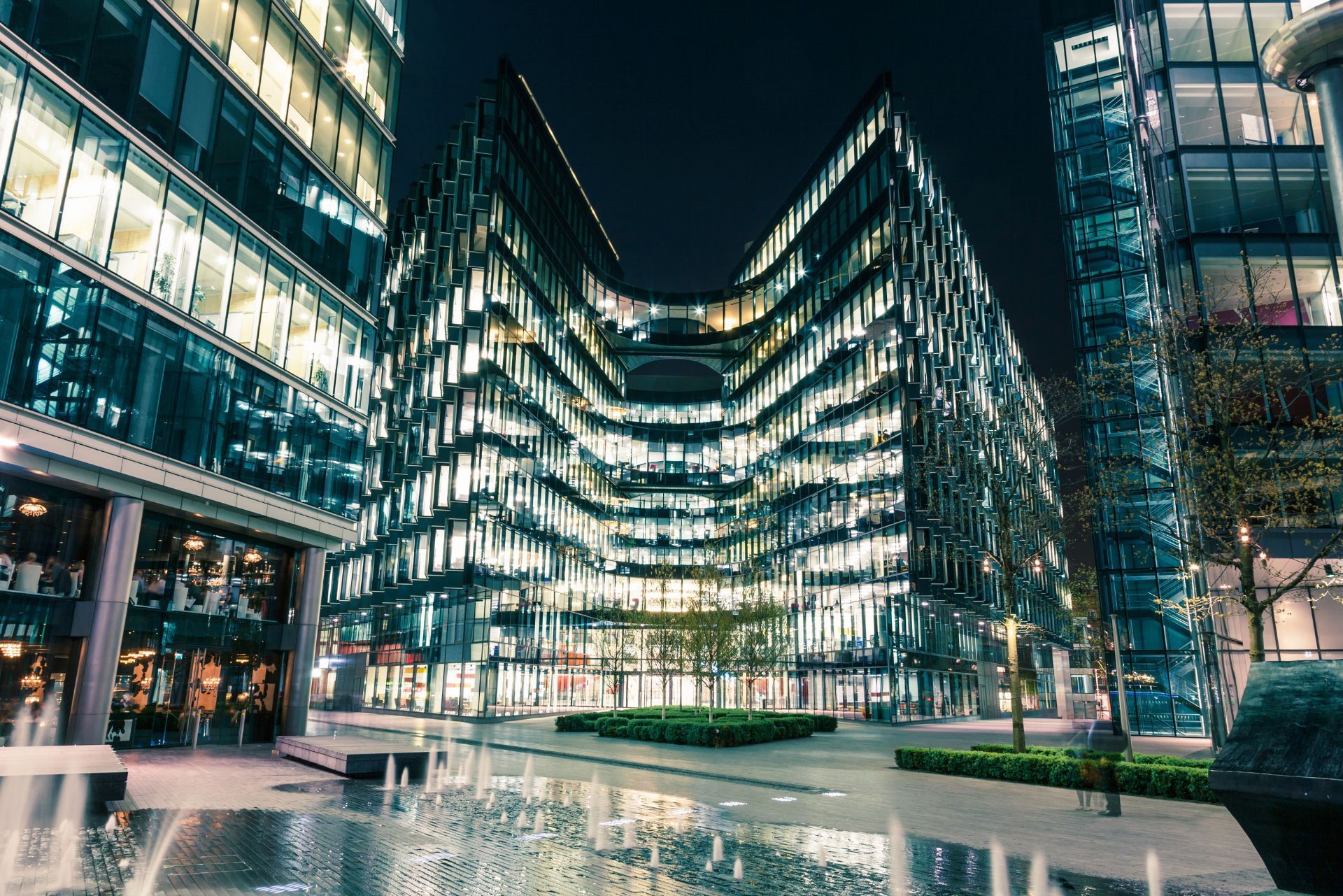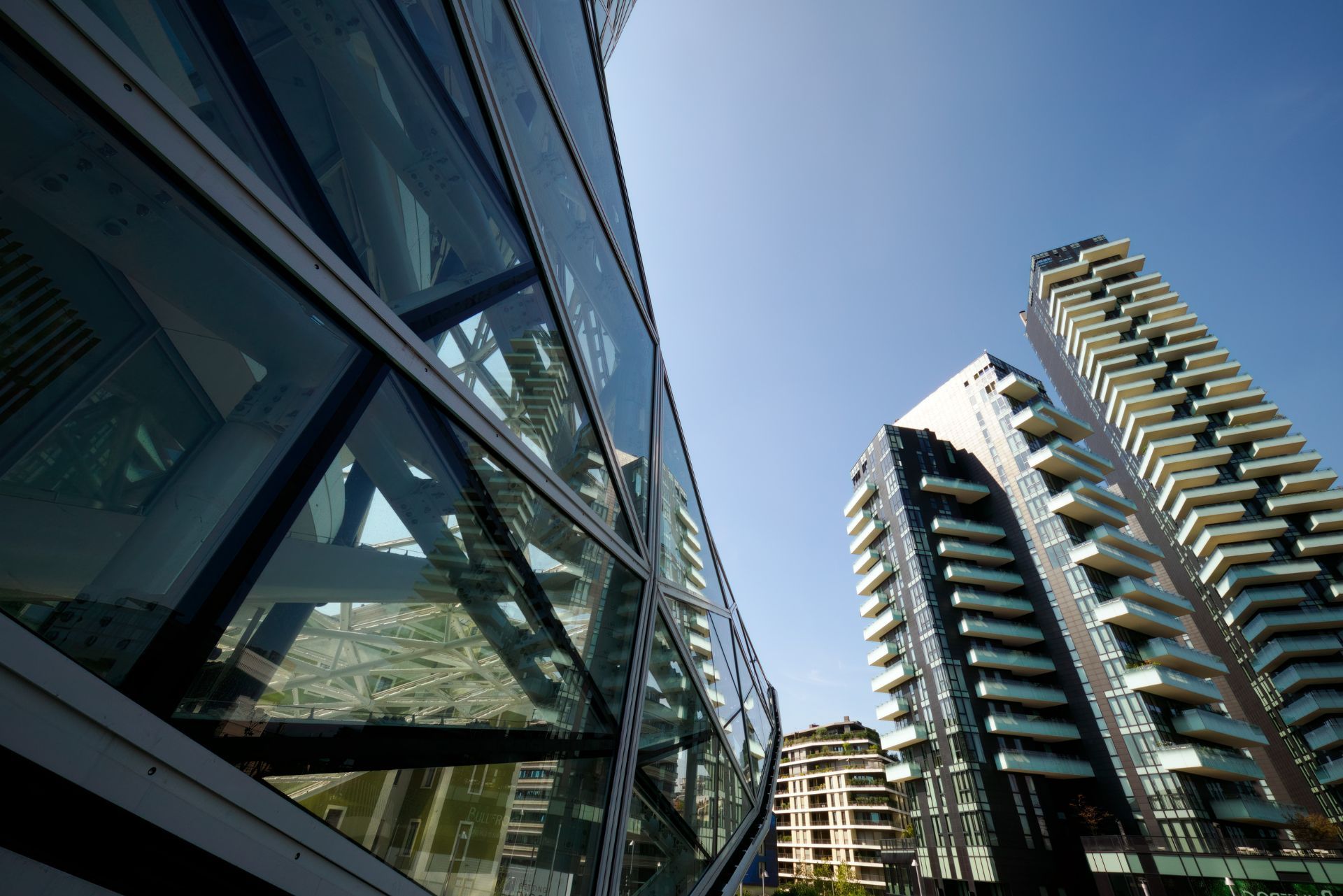Greenville, South Carolina Commercial Property Insurance

9:00am - 5:00pm Mon-Fri
Will Reply in 15min*
Index
Understanding the Commercial Property Insurance Landscape in Greenville
Economic Growth and Its Impact on Insurance Needs
Key Risks Affecting Commercial Properties in Greenville
Choosing the Right Commercial Property Insurance Policy
Mitigating Insurance Costs While Ensuring Adequate Coverage
Future Outlook for Greenville’s Commercial Property Insurance Market
Contact Us
Phone
864-626-6181
service@southerninsured.com
Location
5 Century Drive Suite 130 Greenville, SC 29607
810 Dutch Square Boulevard, Suite 123 Columbia, SC 29210
Greenville, South Carolina, has emerged as a vibrant hub for commerce and industry, attracting businesses ranging from retail to manufacturing. With this growth comes the critical need for comprehensive commercial property insurance tailored to protect assets in a dynamic and sometimes unpredictable environment. This guide explores the essentials of commercial property insurance in Greenville, highlighting key market trends, risk factors, and strategic considerations to help business owners safeguard their investments effectively.
Understanding the Commercial Property Insurance Landscape in Greenville
Commercial property insurance is designed to protect business properties and their contents against risks such as fire, theft, natural disasters, and other unforeseen events. In Greenville, the importance of this coverage has grown alongside the city’s economic expansion, particularly given the region’s exposure to severe weather events.
In 2022, South Carolina experienced $1.3 billion in insured property losses, primarily due to hurricanes and severe thunderstorms. This statistic underscores the necessity for businesses in Greenville and the broader Upstate region to secure robust insurance policies that can mitigate the financial impact of such natural disasters. More information on these risks and insurance options can be found through resources like TWFG Commercial.
Given Greenville’s rapid commercial growth, insurance providers are also adapting their offerings to meet the evolving needs of businesses. Whether you operate a retail storefront or a large industrial facility, understanding the nuances of property insurance in this region is crucial for comprehensive risk management.
Moreover, the diverse nature of Greenville's economy, which includes manufacturing, healthcare, and technology sectors, necessitates tailored insurance solutions. For instance, manufacturers may require coverage that includes machinery breakdown and inventory loss, while tech companies might need protection for their digital assets and data breaches. This specialization not only helps businesses to safeguard their physical assets but also ensures that they are prepared for sector-specific risks that could disrupt operations.
Additionally, as more businesses embrace sustainability practices, there is a growing trend towards green insurance policies. These policies can cover eco-friendly upgrades to buildings and equipment, providing financial incentives for businesses to invest in energy-efficient technologies. In a city like Greenville, where environmental consciousness is on the rise, such options can enhance a company’s reputation while also providing financial protection against potential losses related to green initiatives. Understanding these emerging trends and the available insurance products can empower business owners to make informed decisions that align with their operational goals and community values.
Economic Growth and Its Impact on Insurance Needs
Greenville’s commercial real estate market has experienced unprecedented growth, making it one of South Carolina’s most dynamic economic centers. According to Allen Wilkerson, Vice President at Colliers International, “The industrial real estate market in South Carolina has seen rental rate growth and construction at the highest levels in the state's history.” This boom is driven by both new developments and expanding businesses, which directly influence insurance requirements.
One of the most significant recent developments is BMW’s $1.7 billion investment in an electric vehicle production center and an EV battery facility in nearby Woodruff. This large-scale industrial project not only boosts the local economy but also increases the demand for specialized commercial property insurance policies that cover high-value assets and complex operations. For further details on this investment, see the NAI Earle Furman report.
As businesses grow and new construction shifts from speculative to build-to-suit projects, insurance providers are tailoring policies to cover specific risks associated with customized industrial spaces. This trend is highlighted in the 2024 Q3 Industrial South Carolina Report by Colliers, which also notes that South Carolina’s ports continue to operate at record-breaking levels, further emphasizing the importance of comprehensive coverage for logistics and distribution centers.
In addition to the automotive sector, the expansion of the tech industry in Greenville has also contributed to the changing landscape of insurance needs. With tech startups and established companies alike setting up operations in the area, there is a growing need for cyber liability insurance. This type of coverage protects businesses from the financial repercussions of data breaches and cyberattacks, which are becoming increasingly common as more companies rely on digital infrastructure. The convergence of traditional manufacturing and tech innovation represents a unique challenge for insurers, who must adapt their offerings to meet the evolving risks faced by these diverse industries.
Moreover, the influx of new residents and businesses has led to a surge in demand for commercial spaces, which in turn has prompted local governments to invest in infrastructure improvements. Enhanced transportation networks and utilities not only support the growing economy but also influence insurance considerations. For instance, businesses located in areas with improved access to major highways may benefit from lower premiums due to reduced risk of delays and increased efficiency in logistics. As the region continues to thrive, the interplay between economic growth and insurance needs will remain a critical focus for both businesses and insurers alike.

Key Risks Affecting Commercial Properties in Greenville
Understanding the specific risks that commercial properties face in Greenville is essential for selecting the right insurance coverage. The region’s susceptibility to severe weather events, including hurricanes and thunderstorms, remains a primary concern. Coastal property premiums in South Carolina have increased by 30% since 2018, reflecting insurers’ response to heightened risk exposure. While Greenville is inland, the broader state trends impact insurance pricing and availability statewide.
Additionally, the growth of industrial and retail sectors introduces risks related to property damage, business interruption, and liability. For example, the Upstate South Carolina retail market continues to demonstrate strength, fueled by population growth and economic expansion, particularly in Greenville. This growth means more foot traffic, increased inventory, and higher property values, all of which affect insurance needs. More insights into these market dynamics are available through the NAI Earle Furman Q1 2025 report.
Other risks include fire hazards, theft, vandalism, and the potential for supply chain disruptions—especially for businesses tied to manufacturing and logistics. Comprehensive commercial property insurance policies often bundle coverage for these risks, but it’s important for business owners to assess their unique exposures carefully. For instance, the rise of e-commerce has led to increased warehousing needs, which may expose properties to higher risks of inventory loss due to theft or damage during transit. Furthermore, as businesses adapt to changing consumer behaviors, they may find themselves more vulnerable to cyber threats, necessitating additional coverage for data breaches and cyber liability.
Moreover, the ongoing evolution of local zoning laws and regulations can also pose risks for commercial property owners. As Greenville continues to develop, changes in land use policies may affect property values and operational capabilities. Business owners must stay informed about these regulatory shifts to ensure compliance and mitigate potential liabilities. Engaging with local chambers of commerce or real estate associations can provide valuable insights into these developments, helping property owners navigate the complexities of the commercial landscape in Greenville.
Choosing the Right Commercial Property Insurance Policy
Selecting an appropriate insurance policy involves evaluating the value of your property, the nature of your business operations, and the specific risks you face. Policies typically cover the physical structure, equipment, inventory, and sometimes business income losses resulting from covered perils.
Given Greenville’s evolving commercial landscape, many businesses benefit from policies that include coverage for natural disasters, equipment breakdown, and business interruption. Customized policies, especially for build-to-suit industrial facilities, can provide tailored protection that aligns with the unique characteristics of the property and operations.
Insurance providers in the region are increasingly offering flexible options to accommodate the diverse needs of Greenville’s commercial market. Consulting with local insurance experts who understand the nuances of South Carolina’s risk environment and commercial real estate trends can help ensure adequate coverage without unnecessary costs.
Moreover, it’s essential to consider the specific types of risks that may be prevalent in your industry. For example, businesses in the manufacturing sector may face unique challenges such as machinery malfunctions or supply chain disruptions, which necessitate specialized coverage. Similarly, retail businesses should be aware of risks associated with theft or vandalism, particularly in areas with high foot traffic. Understanding these nuances can significantly impact the type of coverage you choose and the premiums you pay.
Additionally, many insurance providers offer risk management resources that can help you minimize potential losses before they occur. These resources may include safety training programs, loss prevention services, and regular risk assessments. By leveraging these tools, businesses can not only enhance their safety protocols but also potentially lower their insurance premiums over time. This proactive approach can lead to a more resilient business model, better prepared to weather unforeseen challenges while maintaining operational continuity.
Mitigating Insurance Costs While Ensuring Adequate Coverage
Insurance premiums in South Carolina have been on the rise, particularly for coastal properties, but businesses in Greenville can still manage costs effectively through strategic risk management. Implementing safety protocols, investing in property maintenance, and adopting disaster preparedness measures can reduce the likelihood of claims and influence premium rates positively. For instance, regular inspections and maintenance of roofs, plumbing, and electrical systems can prevent costly damages that might otherwise lead to insurance claims. Additionally, training employees on safety procedures can minimize workplace accidents, further enhancing a business's risk profile.
Moreover, staying informed about market trends and leveraging expert insights can help businesses negotiate better terms. For instance, understanding the shift from speculative to build-to-suit construction in industrial real estate, as noted by Colliers, can guide businesses in selecting appropriate coverage that reflects the actual use and risk profile of their properties. This knowledge allows businesses to tailor their insurance policies more closely to their operational needs, ensuring they are neither over-insured nor under-insured, which can lead to significant cost savings over time.
Engaging with reputable insurance brokers who specialize in commercial property insurance in South Carolina is also a valuable step. They can assist in comparing policies, identifying coverage gaps, and securing discounts based on risk mitigation efforts. Furthermore, brokers often have access to exclusive markets and can provide insights into emerging trends that may affect insurance costs, such as climate change impacts on property values and risks. By fostering a strong relationship with a knowledgeable broker, businesses can not only navigate the complexities of insurance but also gain a competitive edge in managing their overall risk exposure.
Additionally, businesses should consider the benefits of implementing a comprehensive risk management plan that includes regular training sessions for employees and the establishment of a safety committee. Engaging staff in discussions about risk management can foster a culture of safety and accountability, which is essential for reducing incidents that could lead to claims. Moreover, utilizing technology such as risk assessment software can help identify potential hazards and streamline the process of monitoring compliance with safety standards, ultimately leading to lower insurance costs and a more resilient business model.

Future Outlook for Greenville’s Commercial Property Insurance Market
Looking ahead, Greenville’s commercial property insurance market is poised to evolve alongside the city’s economic trajectory. Continued investments like BMW’s EV production center signal sustained industrial growth, which will likely drive demand for more sophisticated insurance solutions. As the automotive sector pivots toward electric vehicles, the ripple effects on the local economy will be profound, potentially leading to the emergence of new suppliers and service providers that will require tailored insurance products.
The ongoing strength of the Upstate retail market, supported by population growth and economic expansion, suggests that commercial property insurance will remain a critical component of business strategy in the region. Businesses that proactively adapt to changing market conditions and risk profiles will be best positioned to protect their assets and thrive. Furthermore, as technology continues to advance, we can expect an increase in the integration of data analytics and risk assessment tools within insurance offerings, allowing businesses to make more informed decisions about their coverage needs.
For the latest detailed market insights, the
2024 Q3 Industrial South Carolina Report by Colliers offers valuable information on construction trends and port activity that impact commercial property insurance considerations. Additionally, the report highlights emerging risks associated with climate change and natural disasters, which are becoming increasingly relevant for businesses in the region. As Greenville continues to grow, understanding these dynamics will be essential for stakeholders looking to navigate the complexities of the insurance landscape effectively.
Conclusion
Commercial property insurance in Greenville, South Carolina, is an essential safeguard for businesses navigating a rapidly growing and dynamic market. With significant economic developments, evolving construction trends, and persistent natural hazard risks, securing the right insurance coverage requires careful evaluation and expert guidance.
By understanding the local market context, assessing specific risks, and choosing policies that align with their operational needs, Greenville businesses can protect their investments and ensure long-term resilience. Staying informed through trusted industry reports and engaging with knowledgeable insurance professionals will continue to be key strategies for success in this vibrant commercial environment.







